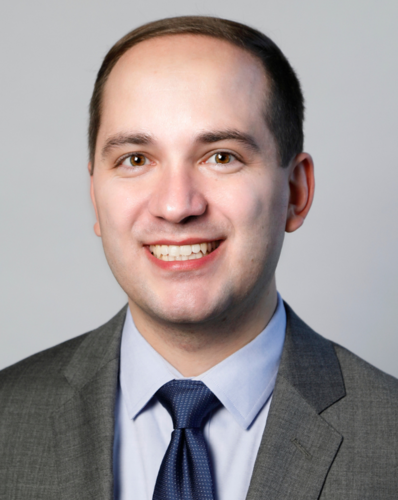Haters Are Going to Hate, Now a Jury is Going to Debate in Taylor Swift Copyright Infringement Lawsuit
December 16, 2021 |
Articles
“Good artists borrow, great artists steal.” Pablo Picasso might not have been the first person to express this sentiment, but that quote is attributed to him and remains a quagmire for those involved with creative expression – and those tasked with protecting those creative expressions.
As demonstrated by Olivia Rodrigo (Time Magazine’s 2021 Entertainer of the Year), amending the song writing credits for her song “Déjà Vu,” to give credit to Jack Antonoff, Annie Clark, and Taylor Swift in view of the similarities between “Déjà Vu” and Swift’s 2019 song, “Cruel Summer,” instances of copyright infringement, particularly with respect to musical or literary compositions, can often be handled in an “open and shut,” manner. But that isn’t always the case; the summer of 2022 could potentially be cruel to Swift, because on December 9, 2021, the United States District Court for the Central District of California (the “District Court”) held that in view of the Ninth Circuit’s reversal of the District Court’s prior decision, which had dismissed a copyright infringement claim against Swift, the case must now proceed to jury trial.
The case involves a song “Playas Gon’ Play” performed by the early 2000s group 3LW, and which was written by Sean Hall and Nathan Butler. Hall and Butler (“Plaintiffs”) have alleged Swift’s song “Shake It Off” has certain lyrical phrases that infringe upon Plaintiffs’ copyrighted work, specifically, that Swift infringed upon the following lines from “Playas Gon’ Play” -- “Playas, they gonna play / And haters, they gonna hate.” The alleged infringing lyrics from “Shake It Off” are, “’Cause the players gonna play, play, play, play, play / And the haters gonna hate, hate, hate, hate, hate…”
Swift’s attorneys have argued that the phrases in question are in the public domain, and therefore, are not entitled to protection as lyrical or musical works. However, Plaintiffs’ attorneys argue that the selection and arrangement of the underlying lyrics is original and entitled to protection even if the underlying phrases are in the public domain.
“To prevail on [a] copyright infringement claim, [a plaintiff] must demonstrate (1) ownership of a valid copyright, and (2) copying of constituent elements of the work that are original.” Benay v. Warner Bros. Entm't, Inc., 607 F.3d 620, 624 (9th Cir.2010). “Originality” requires at least “minimal” or “slight” creativity. Feist Publications, Inc. v. Rural Tel. Serv. Co., 499 U.S. 340, 345 (1991).
The Ninth Circuit already acknowledged that Plaintiffs’ characterization of “a six-word phrase and a four-part lyrical sequence” from “Playas Gon’ Play” was enough to sufficiently allege originality even if the phrases are in the public domain.
Swift’s attorneys argue that even if there is originality to Plaintiffs’ arrangement and sequence, the lyrics in question from “Shake It Off” are not substantially similar. Both sides have retained experts to support their position. Plaintiffs have argued that not only are similar phrases used, but the overall message of the two songs (trust yourself and do not concern yourself with what other people say) is the same.
In order to bring a copyright infringement claim under federal copyright law, the plaintiff’s work must be formally registered with the United States Copyright Office. While the cost to register a copyright is the least expensive of the three main types of registerable intellectual property (patents and trademarks being the other two), the cost of litigating an infringement lawsuit is substantial, which is likely why artists often will voluntarily amend songwriting credits like Rodrigo did with “Déjà Vu.”
According to Billboard.com, “Shake It Off,” which debuted at No. 1 on the Billboard Hot 100 chart in 2014, remained in the No. 1 position for four weeks, and spent a total of 50 weeks on the chart – meaning – if successful, the Plaintiffs stand to make a significant sum of money. Swift might try to bury the bad blood and settle the case rather than go to jury trial, but she has been extremely protective of her creations, recently re-recording two of her older albums to ensure her ownership of their original master recordings, and successfully having a separate copyright infringement lawsuit against “Shake It Off” dismissed in November, 2015. For now, it looks like a jury will determine if Swift can shake off the infringement claim by Hall and Butler.



